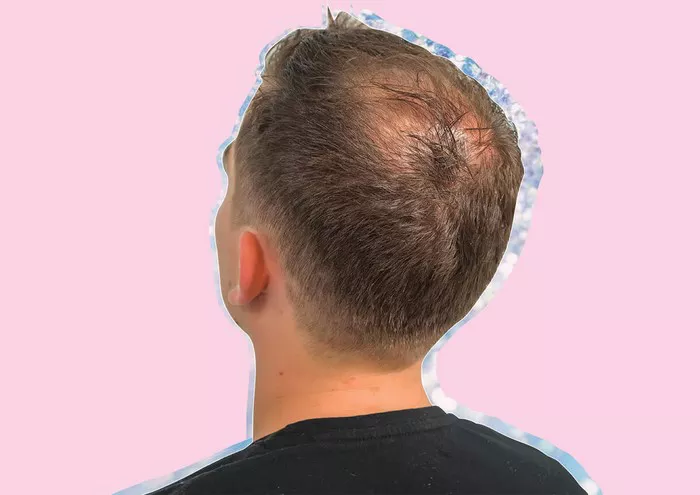Hair loss is a common concern for many individuals, and it can be attributed to various factors such as genetics, hormonal imbalances, and lifestyle choices. Among the plethora of remedies and treatments, exercise is often touted as a potential solution to combat hair loss. But does working out really help with hair loss? In this article, we delve into the scientific evidence and explore the relationship between exercise and hair health.
1. Improved Circulation:
One of the purported benefits of exercise for hair loss is its ability to improve circulation. Regular physical activity increases blood flow throughout the body, including the scalp. Improved circulation ensures that the hair follicles receive an adequate supply of oxygen and nutrients, which are essential for promoting healthy hair growth. While there is limited direct research on the relationship between exercise-induced circulation and hair loss prevention, optimizing blood flow to the scalp is believed to be beneficial for maintaining hair health.
2. Stress Reduction:
Chronic stress is a known contributor to hair loss, as it can disrupt the hair growth cycle and lead to shedding. Exercise has long been recognized as a powerful stress-reliever, thanks to its ability to stimulate the production of endorphins, the body’s natural mood elevators. Engaging in regular physical activity can help reduce stress levels, which in turn may have a positive impact on hair loss prevention. While exercise alone may not be sufficient to address all causes of hair loss related to stress, incorporating stress-reduction techniques such as exercise into a comprehensive hair care routine can be beneficial.
3. Hormonal Balance:
Hormonal imbalances, particularly fluctuations in androgen levels, can contribute to hair loss in both men and women. Regular exercise has been shown to help regulate hormone levels, including reducing levels of cortisol, the stress hormone, and increasing levels of testosterone and growth hormone, which are important for overall health and well-being. By promoting hormonal balance, exercise may indirectly contribute to preventing hair loss caused by hormonal factors.
4. Nutrient Absorption:
A balanced diet rich in essential nutrients is crucial for maintaining healthy hair growth. Exercise can enhance nutrient absorption and utilization by improving metabolic function and promoting digestive health. Adequate intake of vitamins, minerals, and antioxidants, such as vitamin E, biotin, and zinc, is essential for supporting hair growth and preventing hair loss. While exercise alone may not directly supply these nutrients, it can optimize their absorption and utilization, thereby supporting overall hair health.
5. Potential Drawbacks:
While exercise can offer numerous health benefits, it’s essential to recognize that excessive or intense physical activity may have drawbacks that could potentially impact hair health. Overtraining, particularly in endurance sports or weightlifting, can lead to increased levels of stress hormones, such as cortisol, which may contribute to hair loss. Additionally, extreme dieting or nutritional deficiencies resulting from excessive exercise can also negatively affect hair growth. It’s crucial to strike a balance and engage in moderate, sustainable exercise routines that support overall health without compromising hair health.
Conclusion:
While exercise offers a myriad of benefits for overall health and well-being, its direct impact on hair loss prevention remains somewhat inconclusive. While improved circulation, stress reduction, hormonal balance, and enhanced nutrient absorption associated with exercise may indirectly support healthy hair growth, there is limited scientific evidence directly linking exercise to the prevention of hair loss. However, incorporating regular physical activity into a holistic approach to hair care, along with a balanced diet, stress management techniques, and proper hair care practices, can contribute to maintaining optimal hair health. It’s essential to consult with a healthcare professional or dermatologist for personalized advice and treatment options tailored to your specific needs and concerns regarding hair loss.

